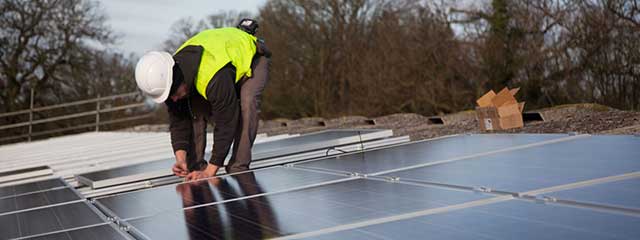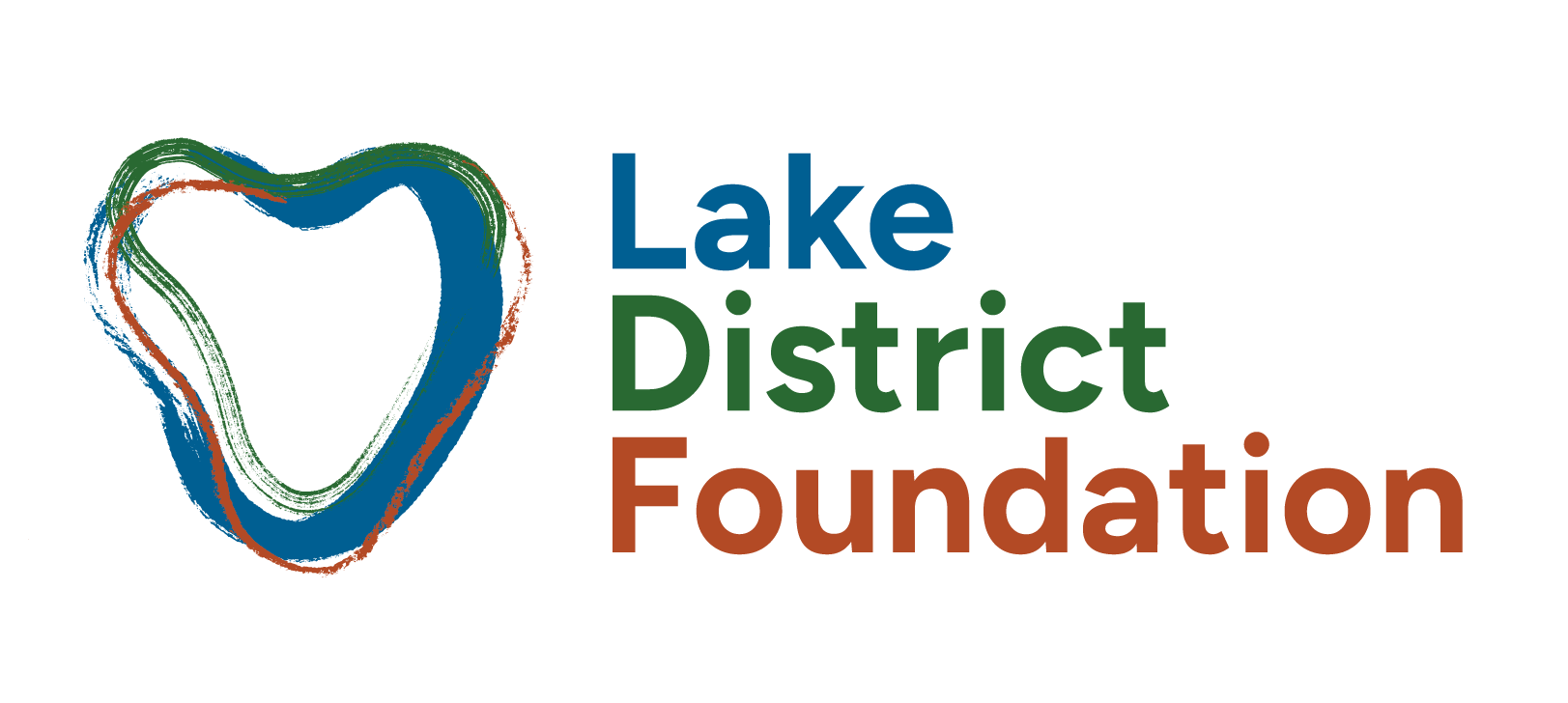

Following a successful first round, the Low Carbon Lake District Grant Scheme will re-open for registrations on Thursday 23rd September 2021 9:00 AM until Thursday 14th October 2021 5:00PM.
Funding is available to community groups and businesses from a range of sectors operating in the Lake District National Park, for delivery of projects that reduce operational carbon footprint. Examples include renewable energy generation and energy efficiency projects.
Qualifying organisations will be awarded up to 60% of project costs, helping to make the move to low carbon technologies and practices more affordable.
Sarah Swindley, CEO, Lake District Foundation says: “It’s fantastic news that there’s been such a great take up with these grants already and we are delighted to be able to support local organisations to deliver low carbon projects. The Grant Scheme can support SMEs and community groups across a wide range of sectors and we look forward to assessing the next round of projects.”
The registration form and guidance can be found on the Lake District Foundation website, lakedistrictfoundation.org/low-carbon-lake-district-grants.
Examples of organisations and projects already supported include Rookhow Quaker Meeting House who were awarded a grant to install an Air Source Heat Pump and loft insulation to improve the comfort levels in the building while reducing the carbon footprint. Levens Village Shop were awarded a grant to install an energy efficient refrigeration system. Up to 60% of the carbon footprint of retail businesses can be attributed to refrigeration, and this project addresses this issue.
Vanessa Riley, Levens Village Shop says: “We’d have struggled to complete the work without the grant received from the foundation. I would encourage anyone who is wanting to make improvements to their own carbon footprint to get in touch.”
The launch of the second round coincides with the Ambleside to Zero event on Thursday 23rd September 2021 where a member of the team will be on hand to answer any questions.
Unfortunately, we are not able to accept registrations from outside the National Park boundary in this round.
About this project
This project is supported by the European Structural Investment Fund as part of the Low Carbon Lake District Project.
The Low Carbon Lake District initiative is a comprehensive programme to help tackle climate change in the National Park, working in partnership with local businesses and communities to reduce greenhouse gases and prepare for the impacts of climate change. Led by the Lake District National Park Authority, other key partners include the Lake District Foundation, the National Trust, South Lakeland District Council and Cumbria Tourism.
The project has received funding from the England European Structural and Investment Funds Growth Programme 2014- 2020. The Ministry of Housing, Communities and Local Government and the Department for Work and Pensions (and in London the intermediate body Greater London Authority) are the Managing Authorities for European Regional Development Fund and European Social Fund funding through the Growth Programme, funds established by the European Union to help local areas stimulate their economic development. By investing in projects the funds will help to support innovation, businesses, skills and employment to improve local growth and create jobs. For more information visit: https://www.gov.uk/europeangrowth-funding
The Northern Powerhouse is a key aspect of this Government’s approach to addressing the productivity gap in the North and ensuring a stronger, more sustainable economy for all parts of the UK. Alongside over €1.5 billion of European Regional Development Fund support for businesses and communities across the North, the government has awarded £3.4 billion in three rounds of Growth Deals across the Northern Powerhouse.
State Aid Notice
This is a fantastic opportunity for businesses and community groups to make a real difference to the sustainability of Cumbria, to build back better, and create a greener future.
In order to avoid public funding distorting competition within the European common market, the European Commission sets limits on the levels of assistance which the public sector can provide to businesses (“the state aid rules”).
Any assistance provided through this scheme will comply with the state aid rules by applying De Minimis Exemption, EC Regulation 1407/2013 (24 December 2013) in the first instance, and the General Block Exemption Regulation (GBER), EC Regulation 651/2014 (17 June 2014) may also be applied.
Photo credit: Kristian Buus / 10:10
